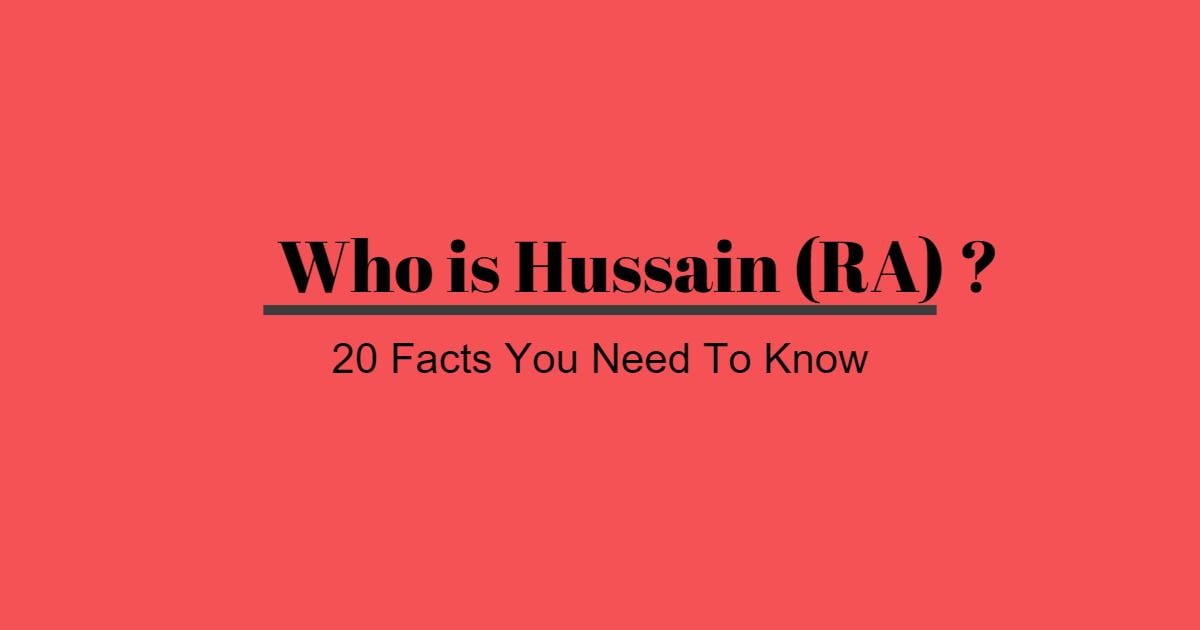Protests erupted in Muslim-majority countries on Friday in response to a second incident involving the desecration of the Qur’an in Sweden.
The Swedish government apologized, anticipating ramifications in the Middle East that would influence Turkey’s decision to waive its veto on Sweden’s NATO membership.
In a recent incident, Salwan Momika, a self-described atheist of Christian descent living in Sweden, threatened to burn a book of the Qur’an but did not follow the threat. This event and another in which he was accused of burning the Qur’an outside a Stockholm mosque sparked considerable outrage in the Islamic world.
The storming of the Swedish embassy in Baghdad and Iraq’s severed diplomatic ties heightened tensions. Protests were placed around the country, with many calling for respect for Islam and the Qur’an.
President Recep Tayyip Erdogan is set to call an emergency session of the Turkish parliament, signaling a possible lifting of the veto on Sweden’s NATO membership. Still, he highlighted the need for Sweden taking tangible actions to address terrorist organizations and extradition issues.
Turkish officials demanded inquiries into Qur’an desecration and urged Sweden to take action against hate crimes against Muslims and their adherents. Sweden’s NATO membership is also contingent on the United States selling F-16s to Turkey and Turkey’s assurances that it will avoid Greek airspace.
The UK Foreign Office condemned the burning of the Qur’an and vowed to preserve religious freedom and promote mutual tolerance.
Subscribe to our channels on WhatsApp, Google News, Facebook and Instagram.Discover more from The Islamic Information
Subscribe to get the latest posts sent to your email.












